Great Jazz Piano Players – Part 3
Great Jazz Piano Players – Part 3
Three More Jazz Piano Greats: Oscar Peterson, Bill Evans, and Herbie Hancock
This is part 3 of a 3 part series on great jazz piano players.
Oscar Peterson (b. Aug. 15, 1925, d. Dec. 23, 2007)
Like many other jazz piano greats, Oscar Peterson began by studying classical music, in his case, at the age of five. Growing up in Montreal, with its rich jazz influence, made exposure to that style of music inevitable for young Oscar.
Peterson never forgot his classical upbringing and is credited with introducing classical piano style to jazz — not an easy task. Peterson did it mostly with classical harmony, especially that of Russian composer, Sergei Rachmaninoff.
Oscar Peterson is also known as the first major Canadian jazz pianist to be famous worldwide.
Suggested Recording: Night Train available from Amazon on audio CD.
Bill Evans (b. Aug. 16, 1929, d. Sept. 15, 1980)
Bill Evans was one of the greatest composers of jazz standards and, by many accounts, the most important interpreter of jazz standards from the Great American Songbook. He was a master at musical “construction,” combining George Russell’s harmonies with his own interpretation and creating some of the most beautiful mainstream jazz ever heard.
Like his contemporary, Oscar Peterson, Evans was also a master at infusing classical style with jazz. He played almost exclusively as a soloist or part of a trio — rarely in any other format. The suggested recording, below, features Evans, bassist Scott LaFaro, and drummer Paul Motia, in what is widely considered one of the most historic jazz trio recordings of all time.
Suggested Recording: The Complete Village Vanguard Recordings 1961 available from Amazon on audio CD.
Herbie Hancock (b. Apr 12, 1940)
In a tale that has become familiar by now, Herbie Hancock, like so many great musicians, began studying early — at the age of seven. He was good — very good. He performed with the Chicago Symphony at the age of 11. He has played with the great Miles Davis and performed music of The Beatles, Peter Gabriel, Prince, and the Seattle grunge band, Nirvana.
Hancock has had his critics — especially those who see jazz a pure and “of its own.” Hancock has experimented with rock, soul, and funk and was one of the first jazz performers to introduce synthesizers into his performances.
Most of all, Herbie Hancock is a “chance taker.” As an active performer, he continues to experiment with sound, even in his 70’s.
Suggested Recording: The Piano available from Amazon on audio CD.
Putting It All Together
The seven jazz piano greats presented here represent the history of jazz piano from the very beginning of the last century to current day. If you search out and listen to their recordings, you will hear a definite trend in music from the early days of stride to pop music of today. Throughout it all runs a thread of creativity, spontaneity, and the essence of jazz — improvisation or creating “in the moment.”
Each of the seven “greats” had it and each used it in his own way. Each also drew on the history of jazz music, influenced by what happened before as a springboard to create what became a personal legacy.
This, of course, is only a taste. The Internet and other resources can help fill in the blanks and even introduce you to others as great as these seven giants of jazz.
——————————————————————————————————————————————–
Be sure to click on the photo-ad below to learn all about it:


